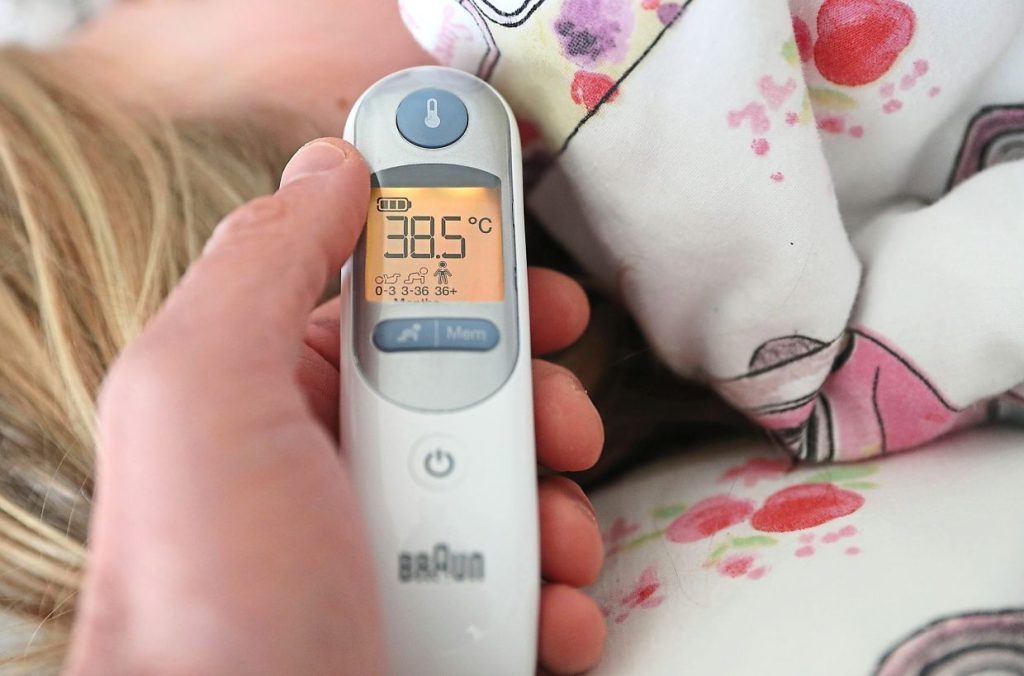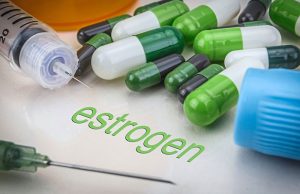As the world continues to grapple with the Covid-19 pandemic, the development and distribution of Emergency Use Authorisation vaccines have offered some hope.
The primary goal was to bring the Covid-19 pandemic to an end and prevent serious illness or death. If we now simply have many millions of vaccinated individuals, then we also have, even if the percentages are low, a high absolute number of patients with vaccination side effects. The challenge is to now take care of these people.
According to our current Health Minister Dr Zaliha Mustafa, since the National Covid-19 Immunisation Programme started in Feb 2021 until April 30, 2023, a total of 72.6 million doses of the Covid-19 vaccine had been administered.
“The National Pharmaceutical Regulatory Agency (NPRA) received a total of 26,716 reports of Adverse Events Following Immunization (AEFI) for the Covid-19 vaccine through the NPRA Reporting System. “The rate of AEFI reporting received is equivalent to 368 reports per million doses administered.
“Out of the 26,716 AEFI reports received, only 1,869 reports (seven reports per million doses) have been classified as serious,” she was quoted as saying. Dr Zaliha explained that payment would be given to those who are eligible and had experienced serious AEFI or permanent disability, as well as the next-of-kin of those who passed away.
“The payment under the special financial assistance adverse effects of Covid-19 is given based on the government’s concern and is not an acknowledgement of any liability by the government and not as compensation,” she said.
As of May 15, 2023, through the Health Ministry’s (MOH) Special Financial Assistance for Adverse Effects of the Vaccine, a total of RM2.556mil in compensation was paid out to 150 eligible applicants who suffered serious side effects related to Covid-19 vaccines.
Because of these concerns about vaccination side effects, post-vaccine injuries and long-haul Covid syndrome (long Covid), not only in Malaysia but also in the United states and globally, it has prompted the Front Line Covid-19 Critical Care (FLLCC) Alliance of doctors and medical experts like Dr Peter McCullough, a professor of medicine and prominent cardiologist to propose a potential solution such as the FLCC i-recover post-Covid vaccine injury protocol and the spike protein detox. In this article, we will explore the concept of post-vaccine injuries and its possible solutions.

Understanding post-vaccine injuries
Post-Covid-19 vaccine injuries may occur within minutes, days or even up to 15 months after the vaccine is given. The most common post-vaccine side effects include pain or swelling at the injection site, fatigue, headache, muscle pain, chills, fever and nausea.
These effects typically resolve within a couple of days and are signs that the body is mounting an immune response. They should not be a cause for concern, as they indicate that the vaccine is initiating the desired immune reaction.
However for some people, post-Covid-19 vaccination syndrome is characterised by a wide variety of symptoms and clinical pictures, including chronic fatigue syndrome – and, the disease may occur for weeks or months after the vaccine is given, causing severe AEFI.
The FLCC i- recover Post Vaccine Treatment Protocol (July 24, 2023), claimed that the various AEFI conditions occur as a result of the pathophysiology of the spike-related vaccine induced disease, which may take several weeks to months, leading to ongoing inflammation and tissue damage.
It is important to note that the spike protein itself is not the same as the whole virus and does not possess the same ability to replicate and cause infection.
However, it does have the ability to bind to ACE2 receptors (they serve as the gateway for the entry of the virus inside the body) on various cells in the body, leading to a wide range of pathophysiological effects and vast spectrum of vaccine injuries.
Overall, the spike protein is believed to play a central role in the development of post-vaccine syndrome, with its toxic properties and ability to induce inflammatory responses in multiple organs. Further research is needed to fully understand the mechanisms underlying these vaccine-related injuries and to develop strategies to mitigate their occurrence.
What are AEFI?
Severe adverse events associated with Covid-19 vaccines are rare, but they can occur. These events can include severe allergic reactions (anaphylaxis), myocarditis (inflammation of the heart muscle), blood clotting disorders, thrombocytopenia (very low platelet counts) that can lead to internal bleeding in the lungs or brain and Guillain-Barré Syndrome (a rare neurological disorder) that can cause paralysis.
If you experience any unusual or prolonged symptoms following vaccination, it is recommended to seek medical attention. Healthcare professionals are trained to identify and manage any potential adverse events associated with vaccines.
Prompt medical evaluation is essential to assess the severity of the symptoms and determine appropriate management. In managing vaccine-related adverse events, healthcare professionals will follow established guidelines and protocols. Treatment will vary depending on the specific adverse event and its severity.
For example, if someone experiences an allergic reaction, they may receive immediate medical interventions such as epinephrine and antihistamines. Early treatment is crucial in managing post-vaccine syndrome. The sooner treatment is initiated, the better the chances of a positive response. Delaying treatment may result in a weaker response or reduced effectiveness of the intervention
Spike protein detox
Long Covid, also known as post-acute sequelae of SARS-CoV-2 infection (PASC), is a phenomenon where individuals experience persistent symptoms and health issues long after their initial Covid-19 infection. These symptoms can include fatigue, brain fog, insomnia, migraines, shortness of breath, joint pain, irregular menses in women and more.
The exact cause and mechanisms behind long Covid are still being studied, and it is unclear why some individuals experience prolonged symptoms while others recover fully. Prof McCullough has proposed a potential solution to address both post-vaccine injuries and long Covid via spike protein detox.

Spike protein, a key component of the SARS-CoV-2 virus, may persist in the body even after vaccination or infection, leading to long term health issues. — AFP
In his view, the spike protein, a key component of the SARS-CoV-2 virus, may persist in the body even after vaccination or infection, leading to various health issues in various parts of the human body. Spike protein detox involves the use of specific medications and natural compounds to neutralise and eliminate the spike protein from the body.
Prof McCullough suggests a multi-step approach. He emphasises the importance of supporting our body’s detoxification processes to deal with the spike protein produced. He claims the use of bromelain and natokinase can inactivate and neutralise the spike proteins.
Hence, it is a potential Covid spike protein detoxification regime, which was discussed and published in the Journal of American Physicians and Surgeons on September 1, 2023. The spike detox should also include use of anti-inflammatory supplements such as curcumin, antioxidants and other targeted therapies such as N Acetyl cysteine to aid in the detoxification process.
Role of scientific research
It is essential to approach any new treatment with caution and rely on scientific evidence. Continued research and collaboration among medical professionals will help shed light on the best approaches to address these challenges and ensure the well-being of individuals affected by Covid-19.
Scientific research plays a crucial role in understanding the complexities of post-vaccine injuries and long Covid. Ongoing studies are exploring the underlying mechanisms of these conditions and investigating potential treatments.
It is through rigorous scientific investigation that we can gain a comprehensive understanding of the impact of vaccines and the spike protein on human health.
Conclusion
Post-vaccine injuries and long Covid are important concerns that require further investigation and understanding. Prof McCullough’s proposed spike protein detox may offer a potential solution and a glimmer of hope to prevent and manage post-Covid vaccine injury and long Covid.
Additionally, certain supplements or medications can be used to support detoxification. However, it is important to note that any specific recommendations should be discussed with a healthcare professional first, as individual circumstances may vary.
Please keep in mind that medical advise should always be obtained from qualified healthcare professionals and it is essential to rely on credible sources for accurate and non bias information.
By Datuk Dr Nor Ashikin Mokhtar
Published in Star Newspaper, 06 Nov 2023




